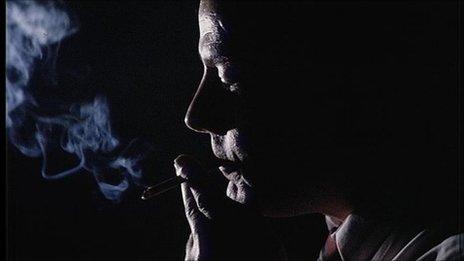The winemaker who had to relearn how to taste and smell
- Published
Andrew Hedley trained as a chemist on Tyneside, while harbouring dreams of becoming a winemaker in New Zealand. But when he finally found himself at the right end of a wine bottle, throat cancer meant he could no longer taste or smell his own creations.
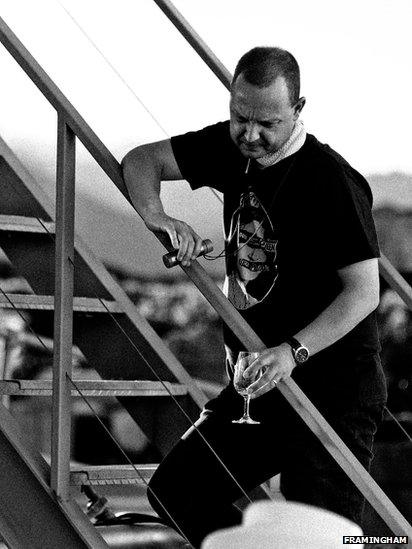
Andrew Hedley moved to New Zealand in the late 1990s
Bestowed with the title of "Master of Riesling", Andrew Hedley is as quick to bemoan the struggles of Newcastle United as he is to dissect the elements of a vintage wine.
Introduced to the grape at an early age by his father, Bill, he became fascinated by the intricacies of winemaking, reading - and tasting - as much as he could, while studying for a career in chemistry.
"I played a lot of football and cricket during my time at Newcastle Polytechnic and would join the lads for a beer during the week. But at weekends I'd go to tastings and develop my burgeoning interest in wine," said the 49-year-old, from Gateshead.
When a visit to a London wine fair in 1998 brought with it the prospect of a move to New Zealand as a "back room" winery technician, Andrew gave up his well-paid lab job and emigrated, along with his wife Debra.
Years of study resulted in a chance to be a winemaker in his own right, in New Zealand's Marlborough region.
Awards and accolades followed but when Andrew sought medical advice about a "squeaky voice", he received the news he was dreading.
"In 2002, I was aware I was having to clear my throat a lot but at that time, didn't really think too much about it.
"But as it went on, I began to think maybe I should mention it to my GP. When I did, he referred me to a specialist and about three years of tests followed.
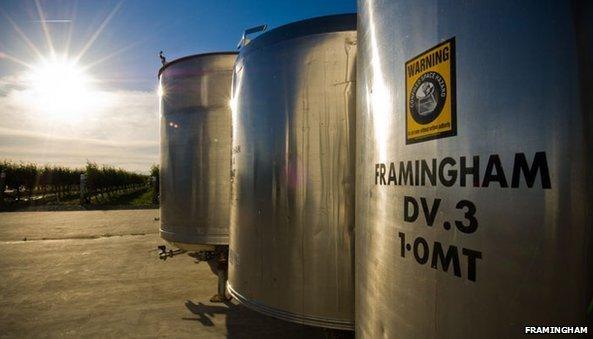
The vineyard produces about 5,000 cases of wine a year
"In December 2005, I had an appointment with another specialist, who told me I had a slow-growing tumour. The recommendation was to take my larynx out, to which I replied 'OK, just do what you need to do'," said Andrew, who now speaks with the aid of an electronic voice box called a Servox
"I was devastated and had no idea, at that time, the effect it would have on my smell and taste. I was told about the mechanics of the operation, which involved completely removing my larynx, disconnecting the oesophagus and punching a hole in my chest to allow me to breathe.
"Anything that goes in my nose or mouth now goes straight into my stomach, so I can't actually choke to death if I get something caught in my throat because it's not connected to my lungs any more."
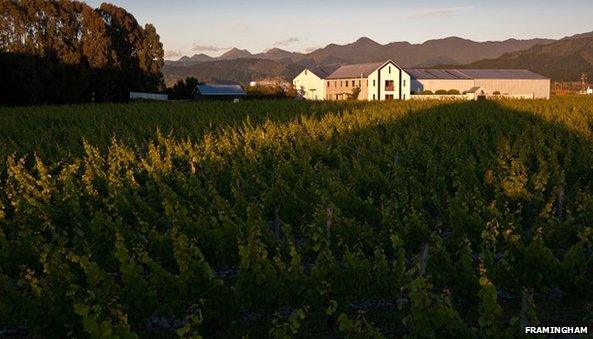
The Framingham winery extends over about 40 acres in the Marlborough area of New Zealand
The surgery, while successful in removing the cancer, meant he had to come up with a new way of smelling and tasting the wines he created.
"They said the operation had been successful and the cancer probably wouldn't come back. But I don't take anything for granted," added Andrew, who is responsible for about 80 acres (32 hectares) of vineyards, from which some 50,000 cases of wine are produced each year.
"I was told if I didn't try to keep using my sense of smell, the sensory organs would atrophy like muscles do. So I use different essential oils and basically put them up my nose to try and keep them stimulated."
"I can best describe it as like putting a syringe in your mouth and pulling it so the air is drawn out. So when people at work see me making funny stretching movements with my face, they know it's me trying to smell or taste my wine.
"It takes me a lot longer to taste things now when I'm at work. I told Framingham [vineyard] that if I couldn't figure out how to get things done, I wouldn't hoodwink them into keeping me on.
"We've actually won more awards since I had the cancer surgery."
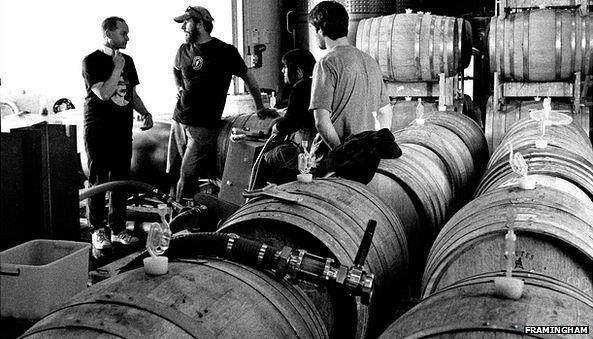
Andrew Hedley, left, speaks with the aid of a hand-held "electronic voice box"
Professor Hisham Mehanna, chair of head and neck surgery at Birmingham University's School of Cancer Sciences, said Andrew's success in regaining his sense of smell and taste, could help others who have undergone throat cancer surgery.
"I'm very interested in what he has been able to achieve and I think it could give some hope to other laryngectomy patients.
"Head and neck cancer patients, generally speaking, do have this problem with taste and smell after surgery and after radiotherapy.
"About 75% of our taste function is actually due to smell. So even if you get a blocked nose, people lose their sense of smell and then say their sensation of taste has changed as well.
"To be able to differentiate between subtle aromas and tastes of wines must be very difficult and to be honest, it almost never happens in cases where surgery has been performed."

How do we taste wine?
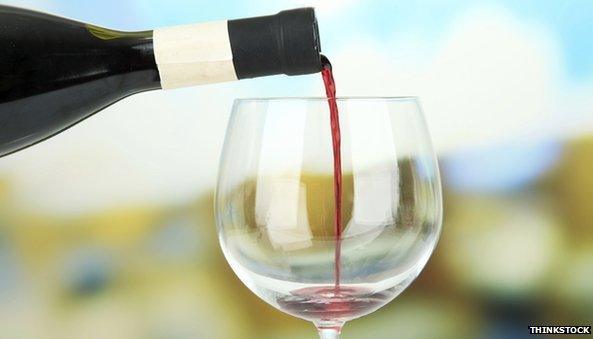
Wine tasting is divided into three sensations - sight, smell and taste
Sweetness is perceived on the tip of the tongue, while acid is detected on the upper sides of the tongue and mouth. A wine with very low acidity will taste flat, while too much makes a wine sour
Bitterness is perceived on the back of the tongue, while salt, which is not a major component in wines, is rarely detected
Astringency is the puckering or drying sensation in the mouth and is usually due to tannins
The smell of a wine gives many clues as to the grape variety, its origin and age and will yield various flavours, but more importantly give the "taste" or structure of the wine
The quality of an individual wine can be a contentious issue, with one taster believing a wine to be of great class and distinction whilst another thinking that the wine is poor
Leta Bester, director of the London Wine Academy

.jpg)
Andrew Hedley's father Bill, left, regularly travelled to wine growing areas of Europe
Tom Trolove, Framingham's general manager, has nothing but praise and admiration for his employee.
"Terribly, Andrew was diagnosed with cancer of the larynx and his life was turned completely upside down. Today he's lost his voice but otherwise, to our delight, has made a full recovery," he said.
"He arrived in the late 1990s and set about teaching himself the craft, armed only with a PhD in organic chemistry and his indomitable instincts.
"He is now responsible for 13 vintages that have brought international acclaim to Framingham.
"The ultimate accolade for Andrew is simply producing a wine that he can bring himself to drink."
In 2014 renowned wine writer Jancis Robinson described Andrew Hedley as one of the "most skilled practitioners of Riesling anywhere in the world., external"
- Published26 January 2015

- Published4 February 2014
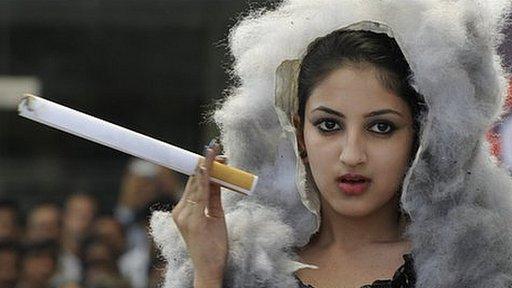
- Published21 July 2013
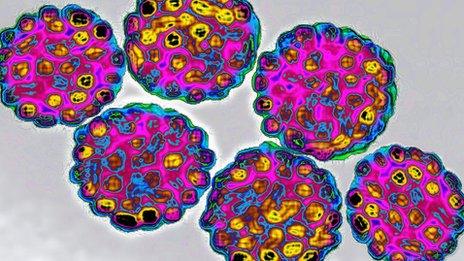
- Published15 September 2011
